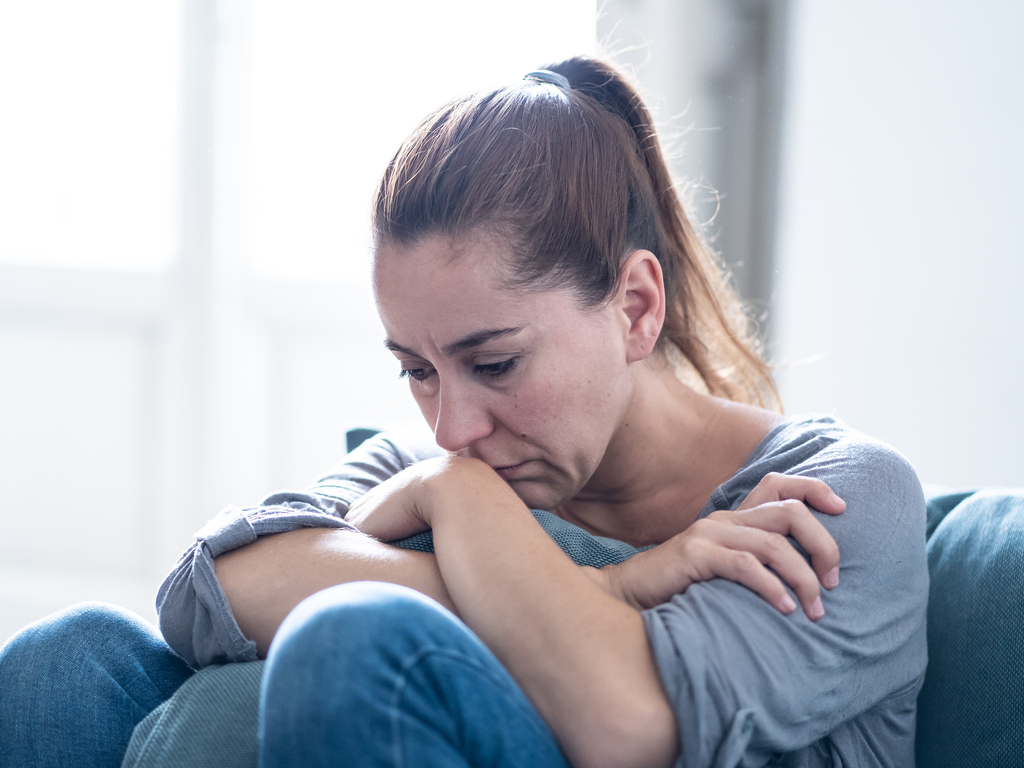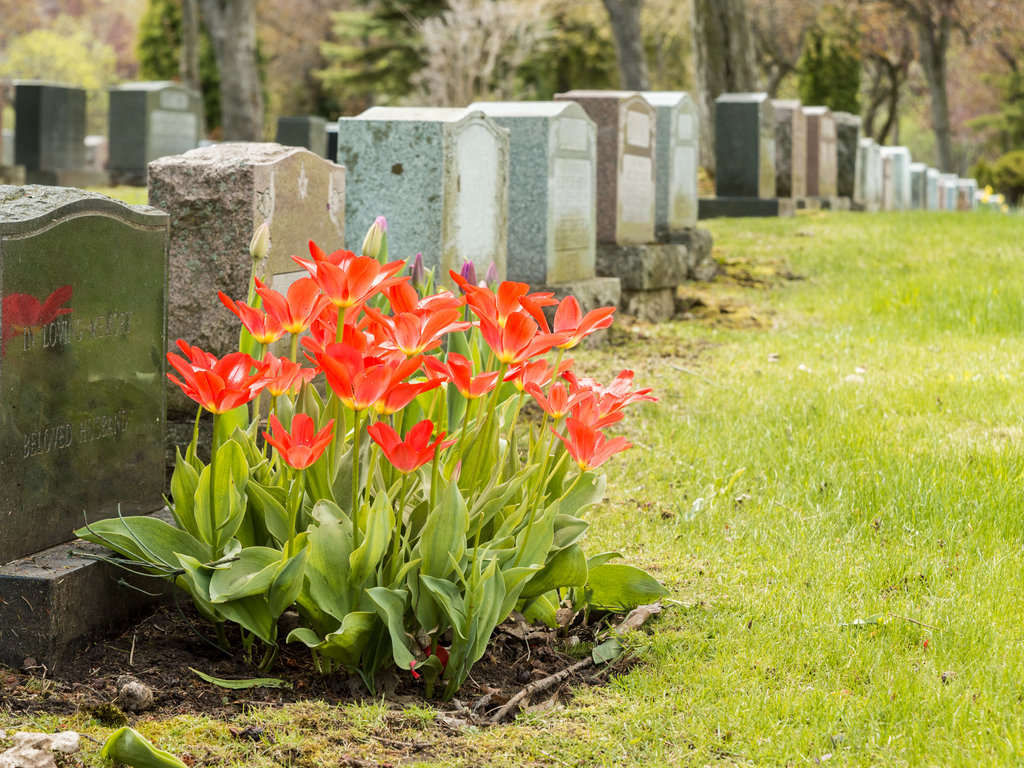How to Deal with Hopelessness After Death of a Loved One
The death of a loved one is one of the most traumatic experiences a person can experience. The hopelessness after death of a loved one that often arises from that can feel impossible to overcome. While experiencing no grief in any form is unachievable, there are things that you can do. The following will help you move through the Five Stages of Grief as quickly and smoothly as possible.
In the rest of the article, we are going to look at how to deal with this hopelessness. This will be by understanding each of the five stages of grief and learning a few things to keep in mind to make sure that your journey through these stages goes well.
What Are the Five Stages of Grief?
The Five Stages of Grief describe a sequence that a lot of people will broadly follow when dealing with grief. This could be such as the death of a loved one or traumatic experience. These stages will not manifest in every person in the exact same way. Truly, some people may not even go through them as cleanly, but they are a useful generalization of how we handle grief.
By being aware of these five stages, you can keep track of where you are and notice if you have been stuck in a stage for too long. Gradually moving through them, as bad as you feel, is a normal process. You can find some solace in the fact that you will reach the end of it.
The focus then will be on making sure you help yourself move through the process as smoothly as possible. You need to make sure you don’t accidentally sabotage yourself along the way.
Denial
The first stage of grief is Denial. This does not usually manifest in an absolutely literal sense. Therefore, it is sometimes called the Numbness stage or the Shock stage. The slight emotional disconnect you may feel at this stage is useful for kicking into action when things need to get done.
You may begin experiencing symptoms of depression or anxiety during this stage. Feelings of hopelessness will likely be overpowered by the autopilot you may feel yourself being on.
Bargaining
The second stage of grief is Bargaining. During this stage, people will begin to experience doubts in themselves and a loss of confidence. These feelings can evolve into feelings of anger or guilt. Generally, some degree of responsibility is adopted, usually unduly, by the grieving person. Hopelessness can begin emerging in this stage.
Depression
The third stage of grief is Depression. During this stage, as the name implies, a large portion of the most commonly associated symptoms of depression will manifest. For many people, this is the most intense of the five stages of grief. It also has great potential for being a trap that people struggle to move forward from.
For this reason, this is one of the most important stages to watch for. Although it is not completely abnormal for this stage to last up to a year, ideally, you do not want to prolong it. Moving through this stage quickly does not mean that you do not care about your lost loved one enough.

Anger
The fourth stage of grief is Anger. In this stage, the anger is outwardly directed. It can be expressed openly or simply felt inside with a stoic exterior. However, it is no less intense in either variant. The anger stage can also harbor many feelings of hopelessness.
Like the depression stage, the anger stage has a high potential for trapping individuals within it. Also, it can easily get prolonged beyond where it needs to be. For this reason, it is important to make sure that you are moving through it properly by avoiding acts that damage your progress.
Acceptance
The fifth and final stage of grief is Acceptance. In this stage, the death of your loved one is processed fully or to a great degree. Then, through this, their death is integrated as part of your life. This acceptance is what allows you to move forward without being held back by your grief or having it affect you throughout your days.
How Do You Work Through Hopelessness After Death of a Loved One?
Dealing with hopelessness after death of a loved one means working through your grief rather than simply avoiding it. Grief is a complicated emotion that can be worsened by certain acts and helped along by others. It is important to be aware of all of these potentials for changes, good or bad.
Accept and Process Your Emotions
Bottling up your emotions will not help you deal with your grief or hopelessness easier. This is common if you do feel like you just want to ignore them so that they will go away. Allow yourself to process your emotions. Cry if you feel like you have to. Most importantly, accept and acknowledge what you are feeling, regardless of whether the feelings are positive or negative.

Stay Active But Do Not Overwork
Being physically active will help keep your mood up. The resulting more positive mental state will help you process your grief better overall. You will need to balance this by resisting the temptation to overwork to keep your mind occupied. The distraction provided by overworking will delay your progress. It can also negatively impact your health, compounding your feelings of hopelessness.
Communicate With Other People
You may feel like you would be a burden if you involved others with your grief or feelings of hopelessness. This is rarely true. Talking to friends and family about how you are feeling can help you work through it as a way of processing your feelings by saying them out loud. You can also join a bereavement group to be with people in the same situation.
Do Not Attempt to Cope by Abusing Drugs or Alcohol
Drinking excessive amounts of alcohol or taking drugs can feel like a shortcut or cheat code to overcoming your emotions. On the contrary, any limited positive effect is short-lived. and the long term negative effects will outweigh the positives greatly. Substance abuse will only delay your progress through the stages of grief, It can also cause you additional ill health, compounding your suffering.
Consider Talking to a Therapist
If you are struggling to make sense of and process your emotions yourself, there is no shame in speaking to a therapist. They will offer more advanced, third-party guidance to the grief process. Sometimes dealing with hopelessness after death of a loved one simply cannot be done alone, and it is important to recognize this.

Speak to Your Doctor
If you feel unable to cope with your feelings of hopelessness and none of the other interventions have worked, it may be worth speaking to your doctor. This could lead to a psychiatric referral for more serious conditions. Possibly also a prescription for suitable medication if you just need a bit of temporary pharmaceutical intervention.
Conclusion on Hopelessness After Death of a Loved One
We have learned that coping with hopelessness after death of a loved one is something that we must do since it is unavoidable. There are things to do and things to avoid in making this process as easy and close to painless as possible. We have also learned about each of the five stages of grief so we can recognize whether we are progressing through them or not.
